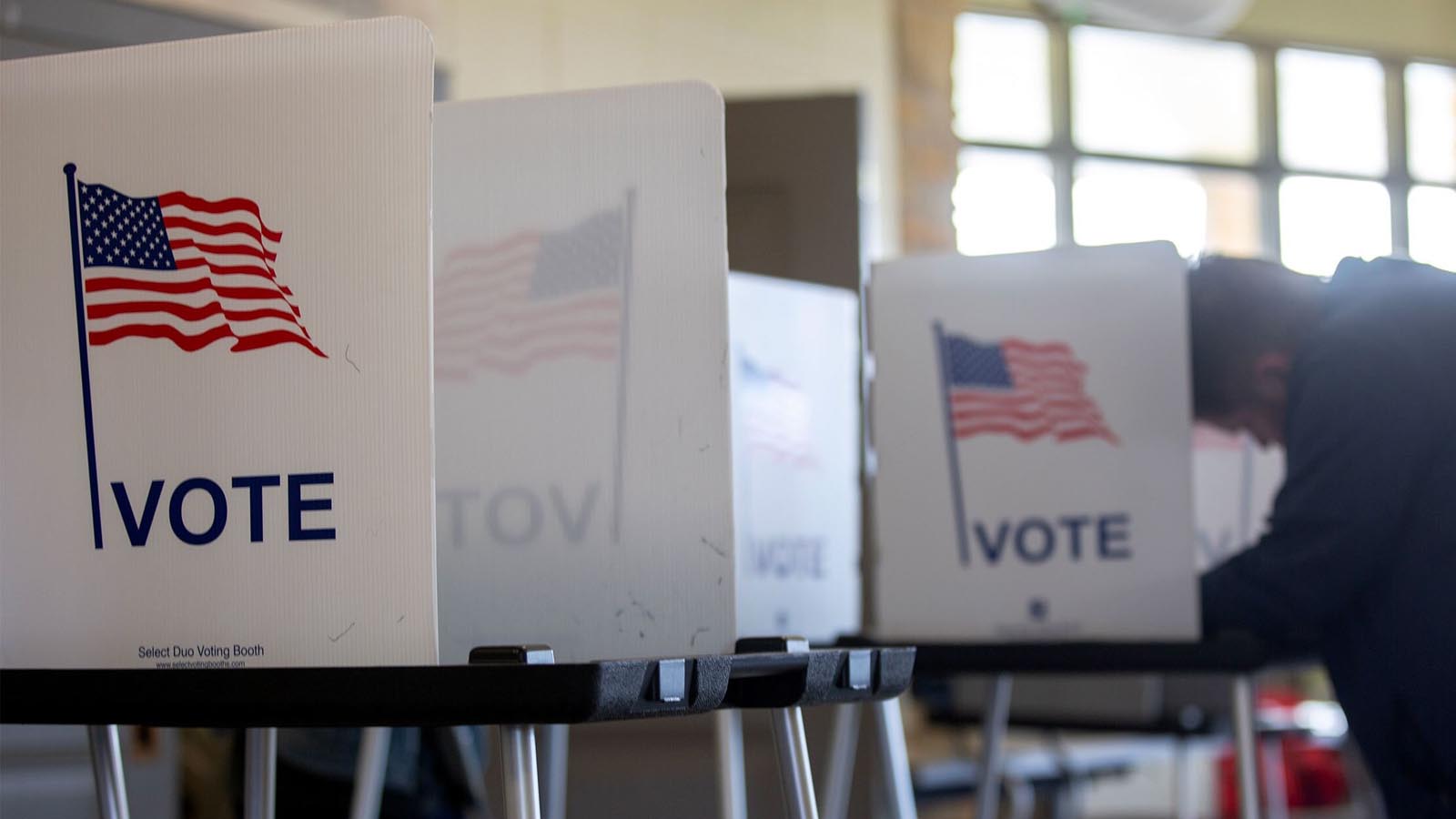The North Carolina Supreme Court on April 28 overturned a prior ruling that struck down alleged partisan gerrymandering, giving the state GOP a chance to come up with new congressional lines that favor Republicans.
In a 5–2 ruling (pdf), the state’s highest court struck down an order that was previously issued by the same court. The prior 4–3 Democrat majority on the state Supreme Court had struck down a Republican-drawn congressional map in an early 2022 ruling.
The new majority opinion was penned by Chief Justice Paul Newby, joined by the four other Republican members of the court. Democrat Justice Anita Earls wrote a dissent that was joined by fellow Democrat Justice Michael Morgan.
The North Carolina Supreme Court wrote in its new opinion that there is “no judicially manageable standard by which to adjudicate partisan gerrymandering claims” and said that courts “are not intended to meddle in policy matters.”
“Our constitution expressly assigns the redistricting authority to the General Assembly subject to explicit limitations in the text,” the court’s majority wrote. “Those limitations do not address partisan gerrymandering. It is not within the authority of this Court to amend the constitution to create such limitations on a responsibility that is textually assigned to another branch. Furthermore, were this Court to create such a limitation, there is no judicially discoverable or manageable standard for adjudicating such claims.”
North Carolina’s Supreme Court gained a Republican majority last year following the midterm elections, and earlier this year, it took the step of revisiting opinions made in December by the court’s previous iteration, when Democrats had the majority.
North Carolina Democrats stand to lose up to four seats the U.S. House of Representatives via the GOP-drawn maps, according to The Cook Political Report.
“Following decisions such as this, we must remember that, though the path forward might seem long and unyielding, an injustice that is so glaring, so lawless, and such a betrayal to the democratic values upon which our constitution is based will not stand forever,” Earls wrote in her dissent.
Attorney Marc Elias, who formerly represented the Democratic National Committee on a range of election issues before parting ways this month, claimed in a Twitter thread the state Supreme Court’s decision was troubling. The reversal means that the U.S. Supreme Court won’t decide on what he called the independent state legislature (ISL) theory on what entity has the power to set rules for federal elections.
“This will almost certainly mean SCOTUS will not decide the controversial ISL theory this term,” he wrote, linking to his Democracy Docket website. “This is bad news for voters of North Carolina. BUT, with a conservative court in place, this will very likely prevent (or at least delay) the possible limiting of state court review of voter suppression laws elsewhere.”
Other Rulings
In another court decision issued Friday along party lines, the justices overturned a trial court decision on when the voting rights of convicted felons can be restored. That means potentially tens of thousands of people convicted of felonies will have to keep waiting to complete their probation or parole or pay their fines to qualify to vote again.
The ruling and another that struck down a voter ID law could also mean that state lawmakers should have greater latitude in drawing General Assembly seat boundaries for the next decade, and that a photo ID mandate approved by the GOP-controlled Legislature in late 2018 could be enforced in time for the 2024 elections.
“The General Assembly did not engage in racial discrimination or otherwise violate the North Carolina Constitution by requiring individuals with felony convictions to complete their sentences—including probation, parole, or postrelease supervision—before they regain the right to vote,” Justice Trey Allen wrote for the court’s majority in the voter ID case on Friday.
Justice Phil Berger, who sided with the majority in the voter ID case, noted that North Carolina residents “overwhelmingly support voter identification and other efforts to promote greater integrity and confidence in our elections,” while adding: “Subjective tests and judicial sleight of hand have systematically thwarted the will of the people and the intent of the legislature.”
“But no court exists for the vindication of political interests, and judges exceed constitutional boundaries when they act as a superlegislature,” he wrote.












States should be setting districts according to population, not work to benefit any political party. It’s not any better to re-draw lines that favor GOP than to draw them to favor Dems. “Congressional district(s are) to be as equal in population to all other congressional districts in a state as practicable.” https://www.census.gov/programs-surveys/geography/guidance/geo-areas/congressional-dist.html